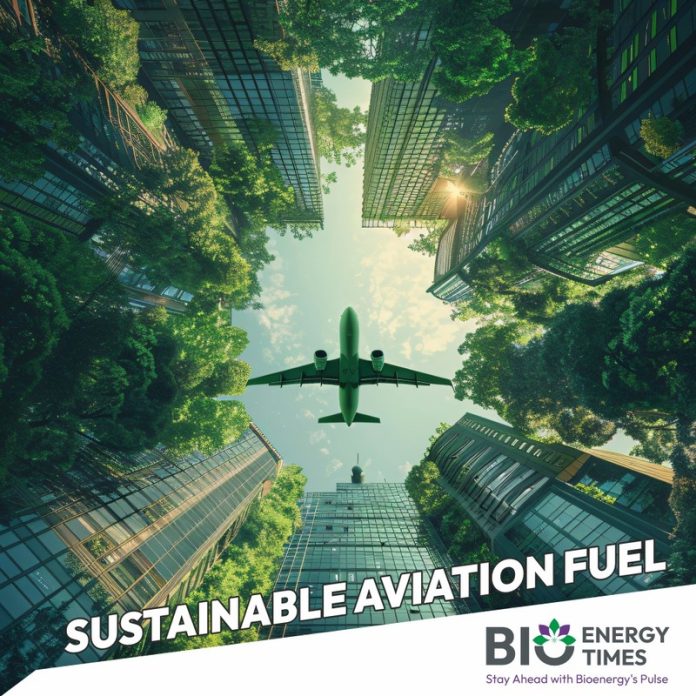United Airlines, Lufthansa, British Airways, Qantas, Japan Airlines, and Singapore Airlines are leading the charge toward sustainable aviation fuel (SAF) as a means to cut emissions and promote greener air travel. United Airlines recently made headlines with the first-ever passenger flight powered entirely by SAF, reflecting its commitment to achieving a 100% green future by 2050. Lufthansa has begun using SAF on domestic routes and collaborates with corporate clients to facilitate carbon-neutral travel initiatives, reported Travel and Tour World.
British Airways is working with LanzaJet to establish a SAF production facility in the UK, which will convert waste into jet fuel. Meanwhile, Qantas is exploring SAF production in Australia with BP, setting a goal of 10% SAF usage by 2030. Japan Airlines is supporting domestic SAF production, and Singapore Airlines is conducting trials in partnership with the Civil Aviation Authority of Singapore. Each airline is investing in SAF to reduce carbon emissions and showcase their dedication to sustainability, setting new benchmarks for eco-friendly travel in the aviation sector.
The airline industry is crucial for connecting global economies and communities, but it faces growing scrutiny regarding its environmental impact. As the urgency to combat climate change increases, airlines worldwide are exploring innovative solutions to lessen their carbon footprint. One promising approach is the adoption of sustainable aviation fuel (SAF), derived from renewable sources. Unlike traditional fossil jet fuel, SAF lowers greenhouse gas emissions throughout its life cycle, helping the industry move closer to carbon neutrality. This article explores how airlines are enhancing the industry with SAF, highlighting key players, challenges, and future prospects.
Understanding Sustainable Aviation Fuel (SAF)
Sustainable aviation fuel (SAF) is a type of biofuel created as a more environmentally friendly alternative to conventional jet fuel. It can be produced from various renewable materials, such as agricultural residues, forestry waste, municipal solid waste, and algae. The production process transforms these organic materials into a fuel that mimics the chemical structure of fossil-based jet fuel. SAF can be utilized in existing aircraft engines without any modifications, making it an easy substitute for traditional fuel.
The primary benefit of SAF lies in its significantly lower life-cycle emissions compared to fossil jet fuel. Depending on the feedstock and production method, SAF can reduce greenhouse gas emissions by up to 80% relative to traditional jet fuel. Additionally, SAF is comparable to conventional jet fuel in energy density, safety, and performance, ensuring that airlines maintain reliability and efficiency while transitioning to greener fuel options.
Airlines Leading the Way in SAF Adoption
Several major airlines are taking significant steps to integrate SAF into their operations, setting an example for the industry and proving that sustainable air travel is achievable.
To read more about Sustainable Aviation Fuel Industry News, continue reading BioEnergyTimes.com














